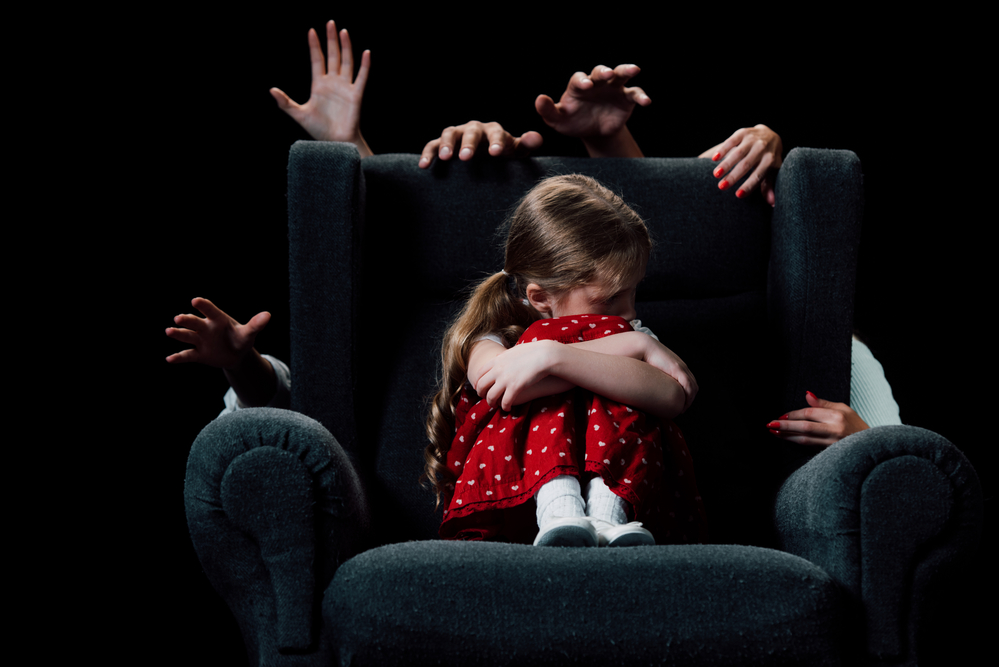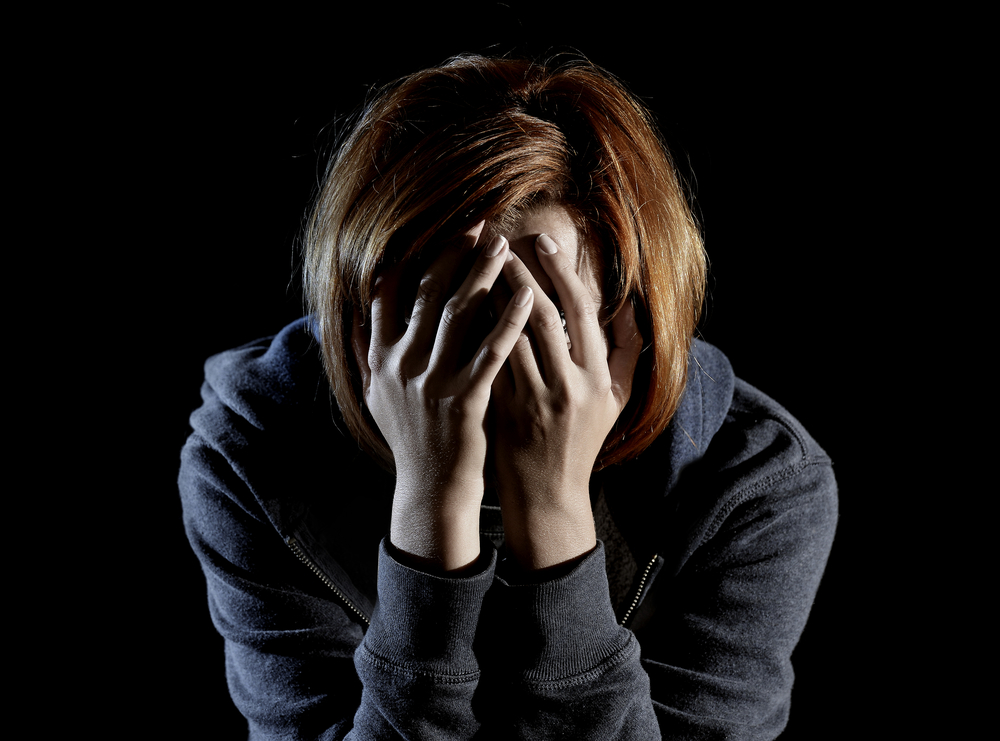Whether it’s you or someone you love, we all know someone with depression. According to the World Health Organization, depression affects approximately 300 million people in the world to have it. The problem is that there is a stigma attached to depression. Compounded with misunderstandings and myths, it can be hard for those with depression to feel like people understand. Learning about depression helps with healing.
If you or someone you love suffers from depression, here are 10 facts about depression everyone should know, including residential mental health treatment. Some may surprise you.

It’s human nature to want to know the reason for something — especially a mental illness. The problem is that depression doesn’t always have a good reason it’s happening. We know that there are reasons for someone becoming sad, such as losing a loved one or a financial crisis. But actual clinical depression is not the same thing. And there is not always a specific reason someone becomes clinically depressed.
This doesn’t mean that there aren’t known causes. Instead, it means everyone is different, and not everyone falls under a specific umbrella diagnosis. Sometimes, there are several reasons someone has a depression disorder. Other times, it may not be as clear why someone has clinical depression. We must study many varying factors, and sometimes the answers show no clear meaning even though there is help available.
We do not know exactly what causes depression in one person versus another. Yet, we understand that there are a variety of factors that may cause depression. For example, there are genetics and medical family history to consider. Depression can run in families, although having a family member with depression doesn’t mean you will necessarily have it.
Another thing to consider is a brain chemistry imbalance. We have neurotransmitters in our brains that affect our moods, including norepinephrine, serotonin, and dopamine. While we do not know for sure, the theory is that having too few or too many neurotransmitters may result in a major depressive episode that can result in major depression or cause it outright.
Hormones contribute to depression too. Several hormonal changes — even pregnancy — may cause these changes.
According to Very Well Mind, another cause is seasonal changes.
Major depressive disorder with seasonal patterns (seasonal affective disorder) is triggered by disruptions in the circadian rhythm of the body. A change in seasons can also disrupt sleep, which can contribute to a depressed mood.
Trauma, stress and other mood disorder can cause depression too. These fall under a wide umbrella and include factors like abuse, trauma, loss, and major life changes such as divorce or losing a job.
Some adults think that only adults suffer from depression, when in fact, children get depressed too. While the elements causing the depression may differ, the depression is still there. For example, an adult may deal with a financial crisis or divorce, but children sometimes deal with the same trauma and abuse as adults. And they can also deal with loss.
Then there is the factor of it being a chemical imbalance, which does not discriminate by a certain age group or demographic. The point is, you cannot assume a child is simply acting out or “faking it,” because depression is as real in younger kids as it is in adults. The good news is children benefit from mental health professional treatment just like adults and learn how to manage depression the right way.

Contrary to what some think, depression is a real mental health illness. You may have heard people say things like: “It’s all in your head” or “You’ll get over it.” Some say even worse things. But depression does not mean that someone is crazy or weak. Many researchers believe it is because of the chemical imbalances mentioned. And this is a real illness that a person cannot help. Some agree that it may even be a systemic disease. The neurotransmitters control, or at least play a huge part in, how we feel and what our mood is. As mentioned, three key elements are dopamine, serotonin, and norepinephrine.
There are other key components researchers study such as glutamate 5, acetylcholine, and GABA.
We’ve all heard someone say that they’re depressed. This is sometimes after a major event or even for the smallest of things. The important thing to know is that depression is not the same as being sad; it is a mental health disorder that should be taken seriously. For instance, your favorite TV show gets cancelled or you find out someone is talking about you behind your back, and it makes you sad. These are not examples of depression.
Sadness is an unhappy mood. Depression has many depressive symptoms. Here are a few that showcase how depression differs from sadness.
Some people think of major depression as a catch-all that covers all depression sufferers. Yet, this should not be a blanket term because depression comes in many forms.
Instances of major depression can happen during other types of depression. These include:
We know that depression leads to physical changes. These include things like fatigue, sleep disorders, and general pain. Some people even experience speech pattern changes. Yet, according to Johnson & Johnson:
Studies have shown that the quality and volume of white matter that connects neurons and transports information was reduced in people who reported symptoms indicative of depression. They have also found that some patients with depression have a smaller hippocampus — an area of the brain that plays a major role in learning and memory — compared to patients who had one or no episodes of depression.

Unfortunately, along with the other issues caused by depression, it can lead to many health problems. For example, those with depression are more apt to develop cardiovascular disease by two to three times the normal rate. Even more shocking is that those with depression who get cardiovascular disease have a greater chance of death than those without depression.
There are theories for why this happens. One such theory is it’s because of the imbalance created in the autonomic nervous system. This is the system regulating functions in the body, including heart rhythm.
Researchers don’t know why, but it may be because of hormones that women are more at risk for depression. Before puberty, the rates of depression in girls and boys are similar. After puberty, the rates for women with depression double that of men adding postpartum depression into the equation. Since these rates remain until menopause, it seems that hormones play an important role in depression.
According to the Substance Abuse and Mental Health Services Administration:
Perinatal depression is a major health concern, with a prevalence of around 10 to 20 percent. Currently, Janssen researchers, in collaboration with the University of North Carolina, are trying to figure out who is most at risk of developing perinatal depression by looking at specific biomarkers and clinical features.

If left undiagnosed and untreated, mild to severe depression can lead to more problems, including substance abuse. The good news is that depression is treatable. Through treatment, like psychotherapy and/or medication-assisted treatment, depression is manageable.
If you or a loved one are suffering from depression, Mending Fences offers options in medication-assisted treatment and psychotherapy. We customize each treatment plan for the individual and offer Lucet Behavioral Insurance for mental health rehab, so you or your loved one gets the care needed to help facilitate healing and a healthier outlook. We also offer experiential therapies such as equine assisted therapy or music therapy for major depressive disorder and other mental health disorders. This allows for fewer severe symptoms and a life with less depression.
Contact our mental health facility in Florida today.